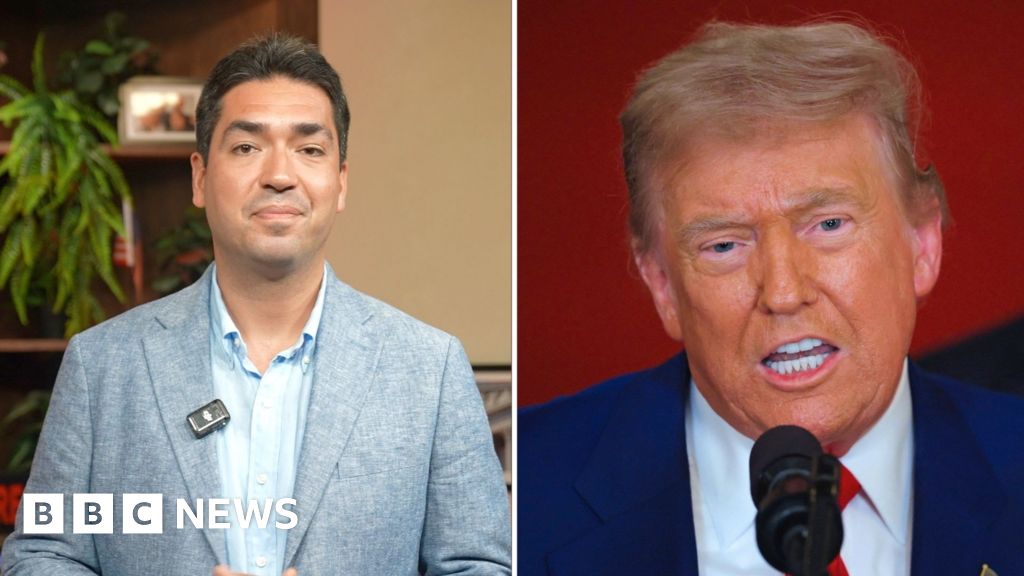Colombia this week took a leading position in Latin America for Indigenous rights and forest protection by formalizing Indigenous local governments across swaths of the Amazon, raising hopes that other countries in the region will follow its lead.
Activists say Monday’s decision gives Indigenous communities not just land titles, but actual self-governing authority — complete with public budgets and administrative power. The process, underway since 2018, now has a legal framework enabling Indigenous councils to function as official local governments.
“This puts Colombia in the lead when it comes to recognizing Indigenous rights — not just to land, but to identity, autonomy, and decision-making over their own development,” said Mayu Velasco Anderson, head of the Peru and Colombia program at nongovernmental organization Rainforest Foundation Norway.
Patricia Suárez, Indigenous leader and adviser to the National Organization of Indigenous Peoples of the Colombian Amazon, called the presidential decree “historic.”
“We have been seeking recognition of our autonomy and self-determination as Indigenous Territorial Entities for over 30 years,” Suárez said. “This progress is a milestone in the consolidation of the rights of Indigenous Peoples as autonomous governments.”
In contrast, other Latin American countries typically only grant land titles. Brazil, for example, has extensive Indigenous territories that frequently intersect multiple municipalities, forcing communities to navigate conflicting public systems and undermining their self-governance.
“In Brazil, even demarcated and regularized Indigenous lands fall under the administrative boundaries of states and municipalities, and communities depend on these governments to access public policies,” said Inés Luna Maira, head of institutional partnerships at Rainforest Foundation Norway. “They have to deal with a patchwork of public systems and elected officials that don’t reflect Indigenous governance.”
Suriname, home to some of the most intact forests and Indigenous and Maroon communities, lags furthest behind other nations in the region on this issue.
Colombia’s new framework gives Indigenous groups direct authority over their territories, streamlining governance and boosting protections for forests that are critical to combating climate change.
Julia Urrunaga, director of Peru Programs at the nonprofit Environmental Investigation Agency welcomed the move and expressed hope that her country would follow Colombia’s example.
“We celebrate this victory for the Indigenous Peoples of Colombia,” she said. “Sadly, the Peruvian government has been walking in the opposite direction — passing laws that affect Indigenous rights without prior consultation, which goes against Peru’s own constitution.”
Urrunaga pointed to what environmental activists have dubbed Peru´s “Anti-Forest Law,” which activists say legalizes illegal deforestation in Indigenous territories, and to the government’s promotion of palm oil plantations over Amazonian forest.
“Peru’s Indigenous Peoples are still struggling to receive recognition of their ancestral territories,” she said. “And even when they obtain it, they don’t get the support they deserve from the state to protect their land and forests for the benefit of all humanity.”
___
The Associated Press’ climate and environmental coverage receives financial support from multiple private foundations. AP is solely responsible for all content. Find AP’s standards for working with philanthropies, a list of supporters and funded coverage areas at AP.org.
Source link














